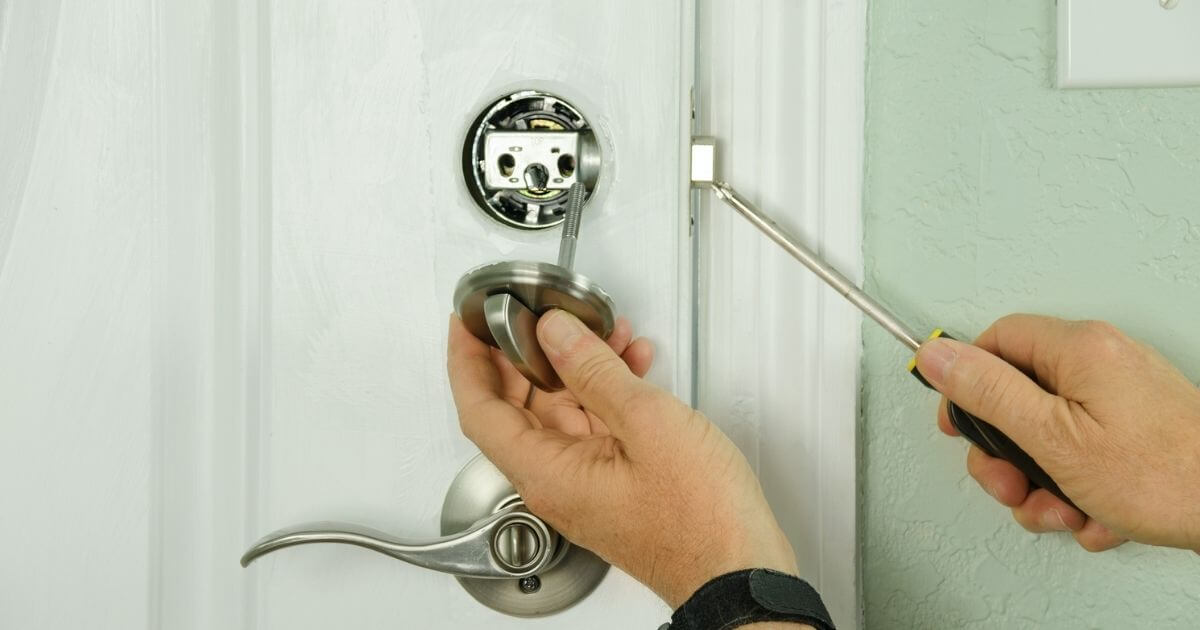
There are few things more frustrating than a blocked toilet or sink. Luckily, there are a few things you can do to avoid these pesky blockages. Here are our top tips for keeping your drains free and clear.
Introduction
Blocked toilets are a hassle. Not only do they cause a bad smell, but they can also be difficult to unblock. To avoid having to deal with a blocked toilet, it is important to maintain your lock. This article will provide you with some tips on how to maintain your lock and avoid blockages.
What is a lock?
A lock is a mechanical or electronic fastening device that is released by a key, keycard, fingerprint, RFID tag, or a combination thereof. Locks are used to secure buildings, rooms, vehicles, and other storage facilities.
How to avoid blockages?
A properly fitting lid is very important to avoid boil overs and messy cleanup. If the lid does not fit snugly, steam will escape and cause the liquid to boil over. Another way to avoid boil overs is to use a larger pot. This will give the liquid more room to expand as it boils.
It is also important to maintain a constant temperature when boiling. A sudden increase in temperature can cause the liquid to boil over. To avoid this, turn the heat down if the liquid starts to boil too vigorously.
If you are making a large batch of something that will take a long time to cook, it is important to check the pot periodically to make sure that it has not boiled dry. Boiling dry can damage the pot and make it difficult to clean.
Maintaining your lock
To maintain your lock and avoid blockages, it is important to regularly clean and lubricate it. You can use a variety of products to do this, but we recommend using a dry lubricant to avoid attracting dirt and debris.
Tips for avoiding blockages
Toilet blockages are one of the most common types of blockages that plumbers are called out to attend to. They can be caused by a build-up of waste material, such as toilet paper, or objects that have been flushed down the toilet, such as nappies, sanitary products or wet wipes. In some cases, blockages can also be caused by tree roots that have grown into the sewerage pipes.
There are a number of things that you can do to avoid toilet blockages:
– Only flush toilet paper down the toilet. Do not flush nappies, sanitary products or wet wipes.
– Install a hair trap in your shower to catch hair before it goes down the drain and causes a blockage.
– Wipe up any spills around your sink immediately so that they don’t have a chance to harden and cause a blockage.
– Avoid pouring grease and fats down the sink. They will solidify in the pipes and cause a blockage. Instead, pour them into a container and dispose of them in the rubbish bin.
If you do experience a blocked toilet, there are a few things that you can do to try and clear it yourself:
– Plunge the toilet with a plunger – this will often dislodge the blockage.
– Pour hot water down the drain – this can help to break up any material that is causing the blockage.
– Use an auger or ‘snake’ – this is a long, flexible tool that can be inserted into the drain to clear away any material that is causing the blockage.
Conclusion
It is important to ensure that the lock is correctly installed and that it is the appropriate size for the door. Inspect the condition of the lock regularly, and if it shows signs of wear and tear, have it repaired or replaced by a professional locksmith. Lubricate the lock with a light oil every few months to keep it in good working condition.
Resources
There are a few key resources you will need in order to maintain your lock and avoid blockages:
-A good quality lock-lubricating spray or gel
-A set of lock-picking tools
-A pin tumbler lock
Before you begin, it is important to understand how a pin tumbler lock works. This type of lock is the most common type of lock used on residential doors, and it consists of a series of pins that must be aligned in order for the locks to open. If even one of these pins is not properly aligned, the lock will not open.
To lubricate your lock and keep it working properly, you will need to use a good quality lock-lubricating spray or gel. You can find these products at most hardware stores or online. Apply the lubricant according to the instructions on the product label, and be sure to coat all of the moving parts of the lock, including the pins.
If you find that your lock is already blocked, you may be able to use a set of lock-picking tools to open it. However, this should only be done if you are experienced in using these tools and you are sure that you can pick the lock without damaging it. Once you have picked the lock, be sure to lubricate it well so that it does not become blocked again in the future.
